Today Boris Johnson launched his ‘new deal’ for Britain – billed as an economic recovery plan to follow the Covid recession.
It sounds positively Rooseveltian. It sounds like a new deal. All I can say is that if so, then that is how it is meant to sound and to be, because that is what the times demand – a government that is powerful and determined and that puts its arms around people at a time of crisis.
But were the announcements really a ‘new deal’ – or a new anything?
The vast majority of the announcements were not new but manifesto promises from the 2019 election. The £5 billion promised for infrastructure projects and hospital upgrades was already pledged to capital investment projects that are simply being brought forward. Both the policies and the money predate the lockdown. New proposals were few and far between. The promise of planning reform, while welcome, was briefed long before today.
But what has changed is the PM’s political positioning, away from the market economy and towards state intervention. This, it seems, is his preferred remedy. In a speech designed to get Britain’s economy out of the gutter, there was no reference made to cutting red tape for business, no mention of tax cuts (i.e. employer National Insurance contributions to make it easier to hire), no occupational reforms to get people into work faster. Instead, the focus remained solely on ‘prodigious amount of government intervention’ to reboot the economy – at one point, Johnson felt it necessary to say that he is ‘not a communist’. When asked if he was now more Gordon Brown than Margaret Thatcher, he said that he knew there was a tension but that people knew where his instincts lay. He likes lower taxes, he said. But does he like tax cuts enough to implement any?
The UK could be looking at millions of people out of work as the furloughing scheme winds up, yet the PM said the answer to this was state spending. He had nothing to say on relief for employers to help keep their staff on payroll. The PM rejected austerity as a solution to the hundreds of billions of pounds borrowed to fund the Covid crisis, yet failed to mention any reform that would genuinely kickstart growth. He also had an intriguing story to tell about the last crash:
I remember the crisis of 2008, which was actually not as bad as the current crisis. But, if you remember, people were very apprehensive about unemployment and we actually did have a spike in unemployment. But we tackled it then. I remember what we did. We had huge infrastructure projects that we simply kept going, and ran faster: Crossrail, the Olympic Park, big construction projects around London, which I was then running.
George Osborne cut public investment sharply and shed half a million public sector jobs. But he also cut corporation tax, saying companies would hire more. And so they did: the economy created four jobs for every one shed by the government. A jobs miracle was underway, stoked by tax cuts. The jobs boom for Britons had precious little to do with the Olympic Park – which famously brought in migrant labour. But this part of our economic history is being retold, now, for a new purpose: to present state projects as a remedy for unemployment, to implement a government agenda that those in charge don’t want to abandon, regardless of the vastly different circumstances we now find ourselves in.
Britain is on track to have one of the worst Covid death tolls in Europe, and also possibly one of the worst economic recoveries. Today’s speech would have us believe that after months of state slip-ups and failure, a bigger state is the solution to future challenges. Quite the gamble.
Got something to add? Join the discussion and comment below.
Get 10 issues for just $10
Subscribe to The Spectator Australia today for the next 10 magazine issues, plus full online access, for just $10.


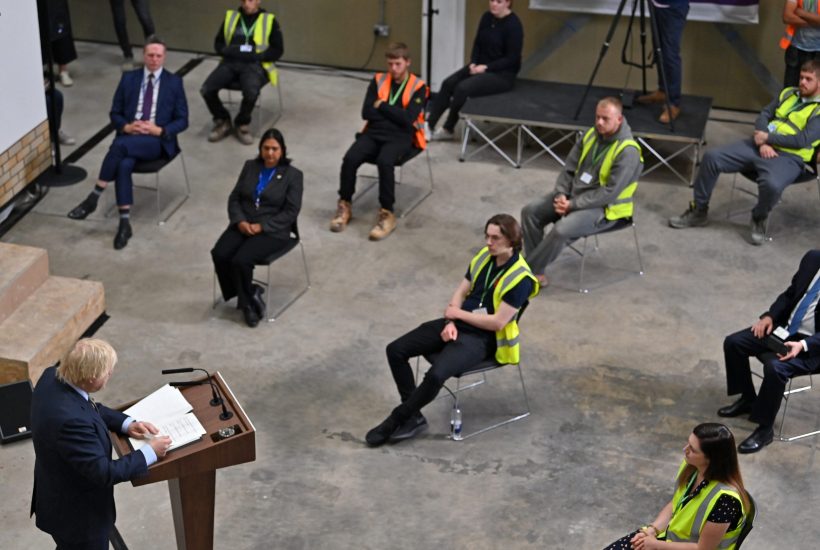

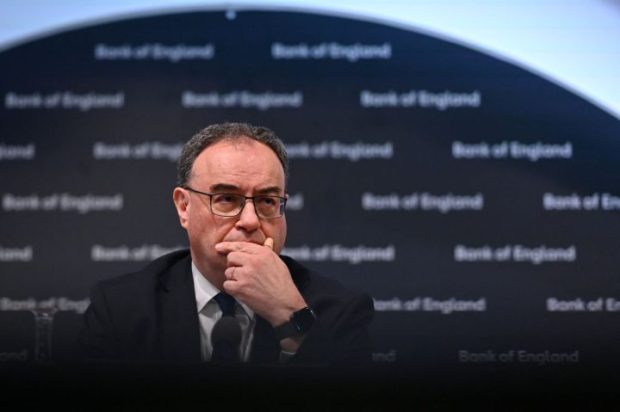
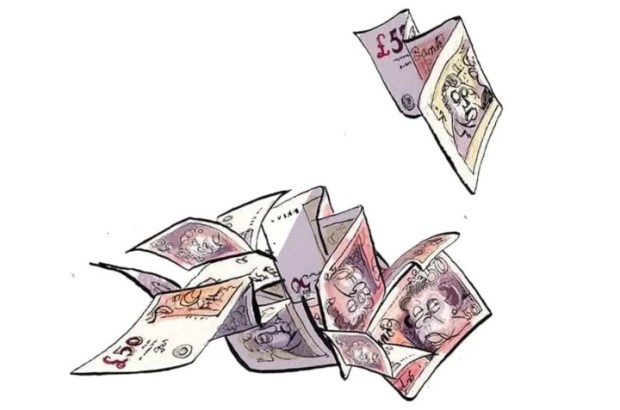
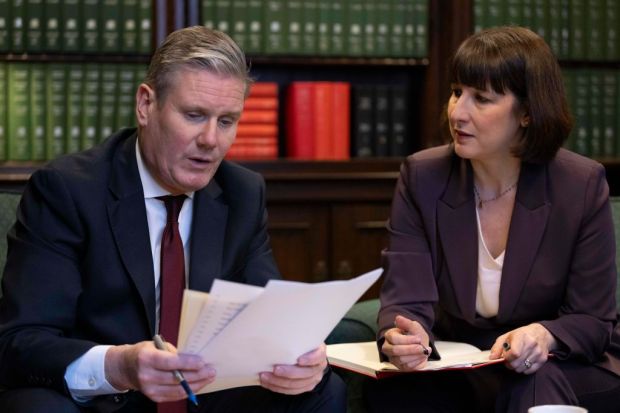
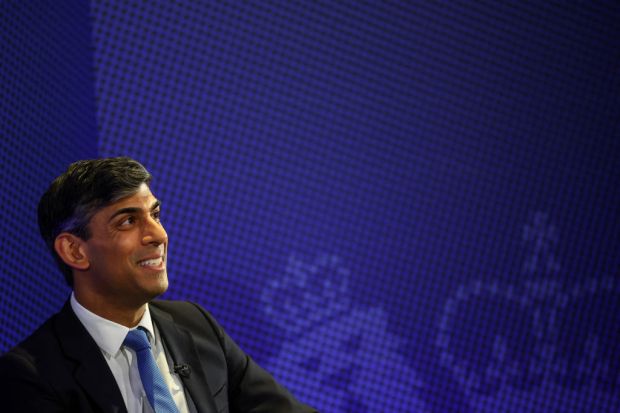












Comments
Don't miss out
Join the conversation with other Spectator Australia readers. Subscribe to leave a comment.
SUBSCRIBEAlready a subscriber? Log in